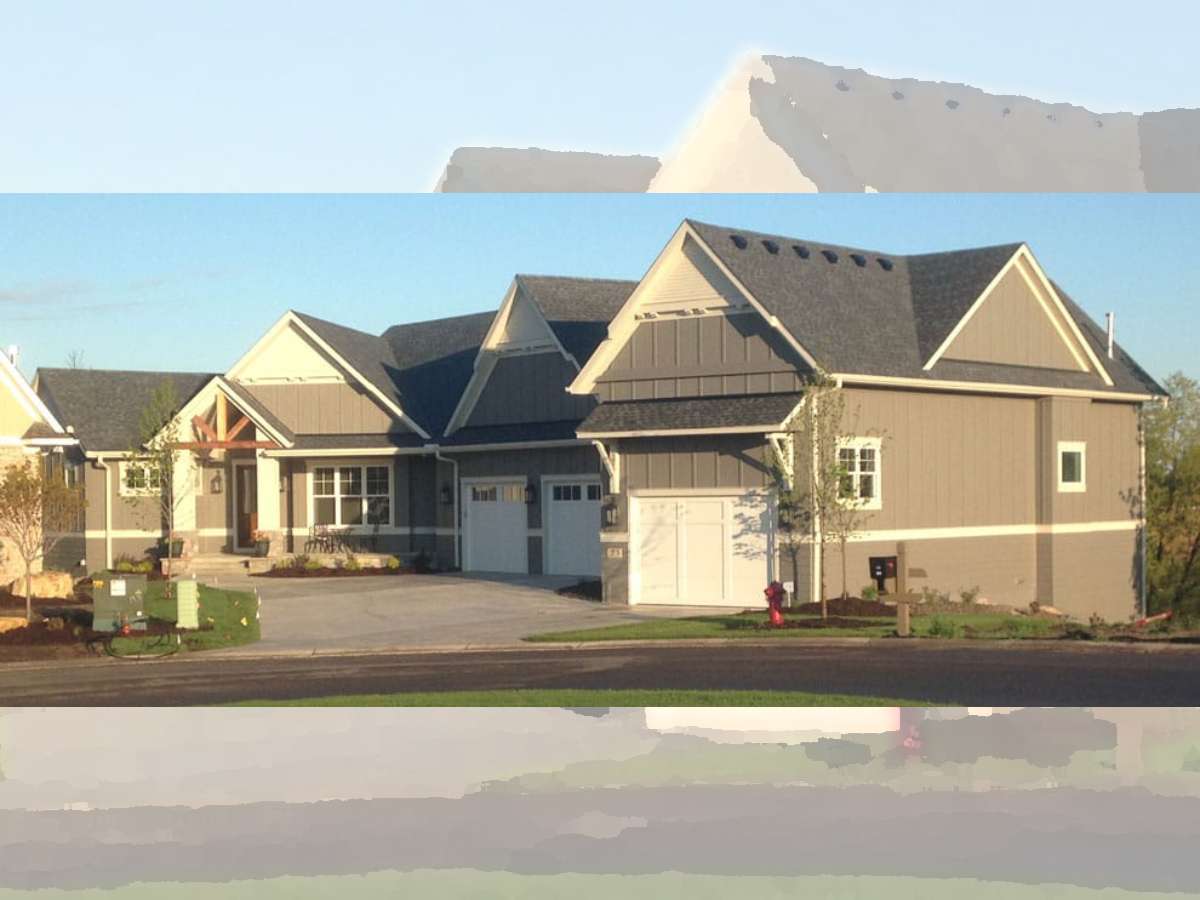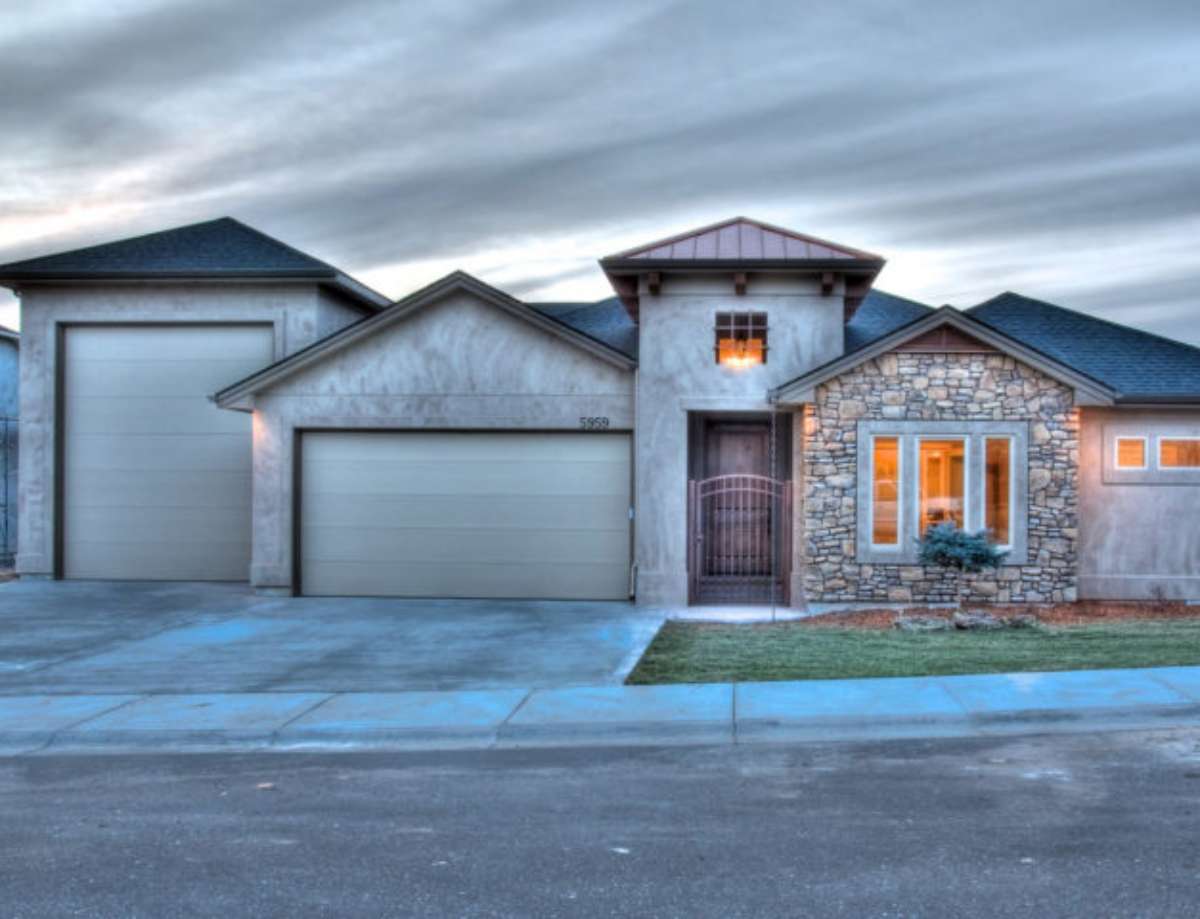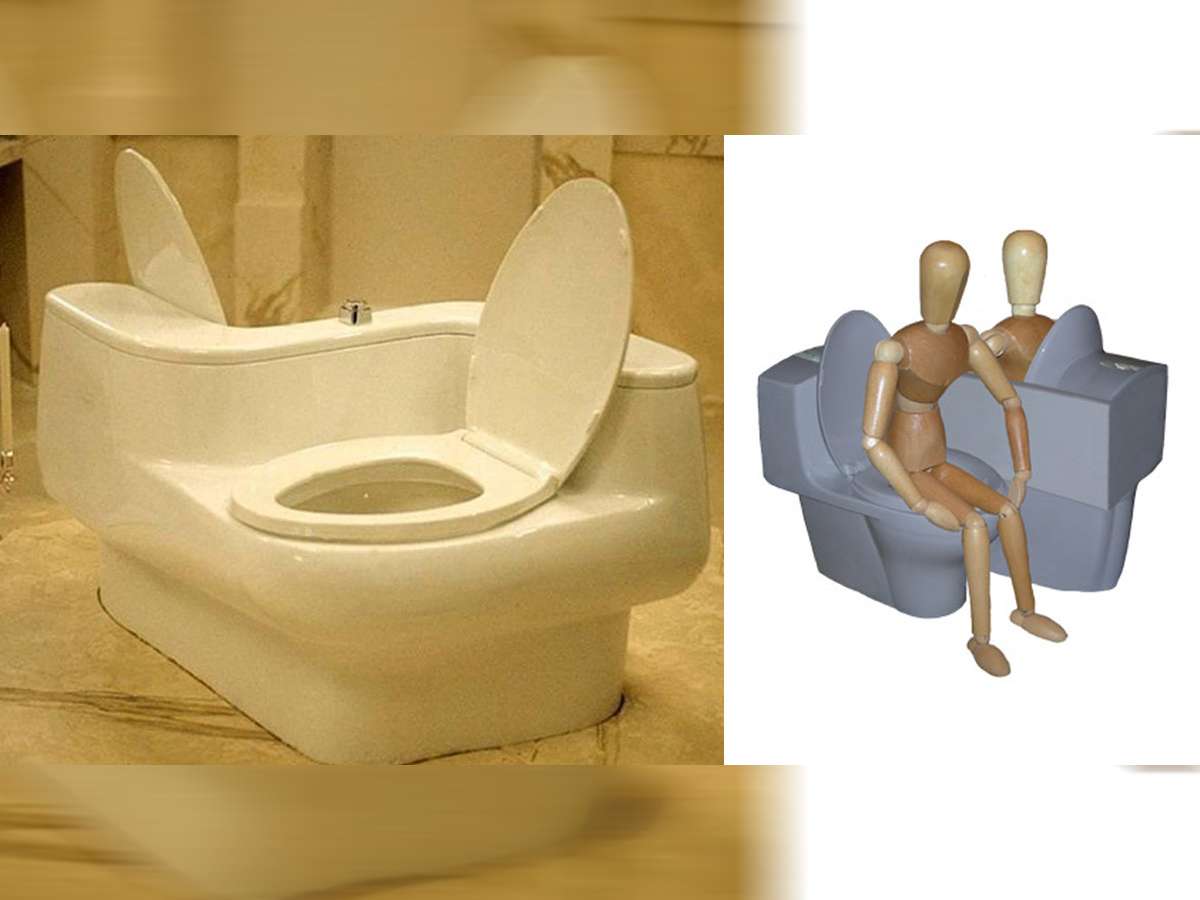 Air conditioning is expensive, power guzzling, germ breeding, and completely necessary in some climates unfortunately.
Air conditioning is expensive, power guzzling, germ breeding, and completely necessary in some climates unfortunately.
Evaporative cooling, as the name suggests, is a device that cools the air through the evaporation of water.
Traditional air conditioning operates using refrigeration.
This differs from evaporative cooling which uses vapor from water to lower the temperature of the air. It works by sucking in hot dry air, passing it through a wet pad which then evaporates and passes the air out through the other side.
Here are 4 reasons to use evaporative cooling in your home…
#1 – Energy Savings
Evaporation uses around 80% less energy than traditional air conditioning, because it takes a lot less energy to drop the temperature of dry air by using water evaporation than by using refrigeration.
These figures very, but an evaporative air conditioner uses up to 40% less electricity than conventional ducted evaporative air conditioning systems and up to 90% less than refrigerated units.
This means that the long term cost of cooling your home is radically reduced. Annual energy consumption has shown to drop by hundreds of dollars per year on the cooling of average sized homes.
#2 – Eco-Friendly
This also means that evaporative cooling is much better for the environment.
Fewer fossil fuels like coal and natural gas are burnt when less electricity is used.
This has a very positive knock on effect, because it means that less electricity infrastructure is required per generation. Less usage means wiring, and it also means that solar energy has much more potential.
The use of solar power to power an air conditioner is a perfect fit, because you are more likely to be using your air conditioner when it is sunny. What’s more, evaporative systems generally have a lower purchase price than refrigerated systems.
#3 – Efficiency
Because evaporation requires heat, evaporative coolers work best in hot climates — which is of course perfect for their function.
In dry climates, evaporative cooling of air has the added benefit of conditioning the air with more moisture.
The evaporative mechanism is elegant and simple, providing an excellent low-cost, low-fuss alternative to your loud energy guzzling air conditioner that makes the inside of your home feel like an airplane.
The way an evaporative cooler works is through the difference in temperature of the wet and dry bulb, so the cooler will naturally work better on a hot day, which is perfect.
#4 – Air Quality
Evaporative coolers allow a flow through of ventilation — moving the air around your home or office — and the air is never recirculated, meaning more oxygen and less carbon dioxide.
An evaporative cooler is perfect for a dry climate like California, as evaporation conditions the air with moisture and drops the temperature as well. This will increase your air quality, whereas normal air conditioning decreases your air quality.
Evaporative air conditioning systems also contain no harmful synthetic refrigerants. The gases used in refrigerated air conditioning are often potent gases like chlorofluorocarbons or hydrofluorocarbons, which deplete the ozone layer and are harmful for human respiration.
In addition, the wet filter pads filter the air, meaning that if you live in the inner city the smoggy, dirty outside air will be cleansed of pollutants before it reaches your home. People prone to allergies will also find the wet air less irritating.
Belinda Darling is a copywriter working with Weatherworld. When Belinda is not writing, she enjoys swimming, shopping and taking her dog for long walks.
photo: Jeremy Levine Design




